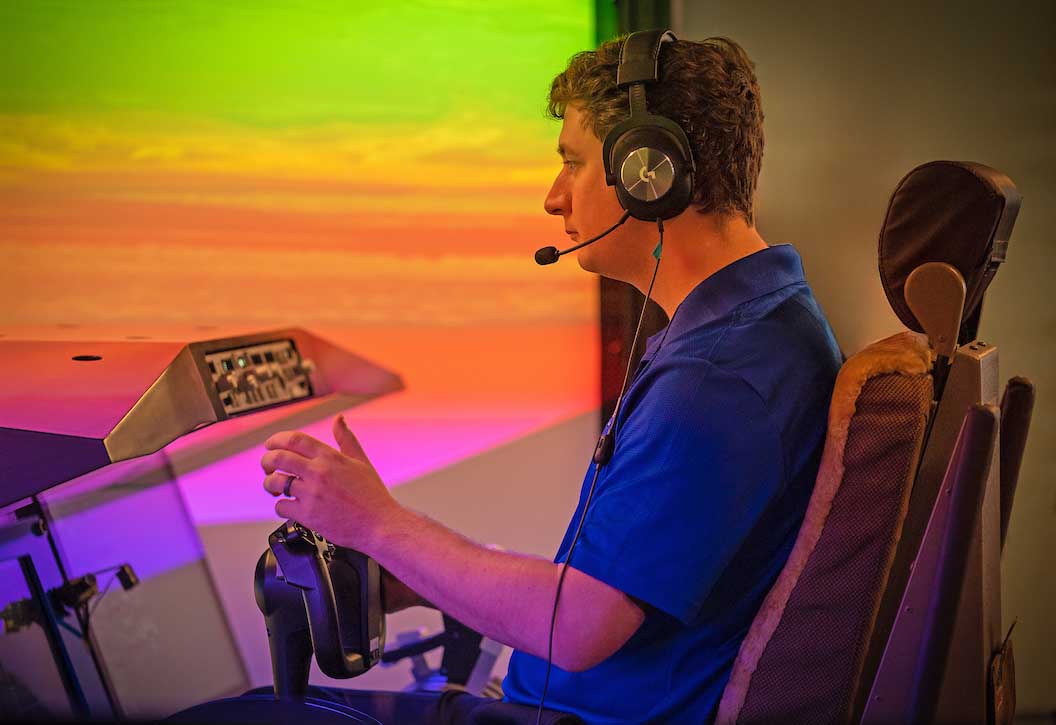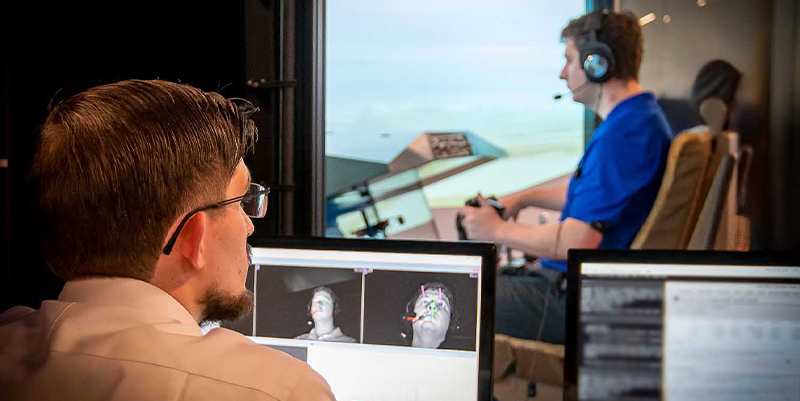At Aurora Flight Sciences, a Boeing company, bridging the gap between humans and autonomy is a fundamental aspect of our work to advance the future of flight. Through research and development (R&D), Aurora engineers create revolutionary technologies and follow a journey from innovative concept to next-generation application that involves careful testing and verification. The company’s flight simulation lab plays a vital role in the R&D process for humans and autonomy.
Located in our Cambridge, Massachusetts office, Aurora’s flight simulation lab is designed for applied research and prototype-stage development projects. This flexible tool allows Aurora engineers to subject new aircraft technologies to rigorous testing, thereby improving reliability, performance, and safety during the early stages of development.
A hub of innovation and engineering rigor, our flight simulation lab is a dedicated R&D space where teams focus on prototyping for understanding and improving human interactions through the flight deck. Key features of the lab include:
- Rapid Prototyping: The lab supports simulation of a variety of aircraft configurations and enables rapid development and data gathering in a purpose-designed environment.
- Reconfigurable: The lab can adapt to support research and development of various new flight deck hardware and software technologies. The lab leverages the interchangeable use of touch screen emulation alongside physical flight hardware and integrates with various sensors and data collection elements.
- Open Lab Network: Collaboration is at the core of our innovation philosophy. The lab is an open space for experts from various disciplines to come together, share insights, and drive progress.

The lab has been used for a variety of R&D projects, including human factors studies which focus on understanding and improving human interactions throughout the flight deck. Our Pilot Cognitive Inference project uses the flight simulator in conjunction with a prototype cognitive-state estimation system. The use of noninvasive sensors, such as eye trackers and heart rate monitors, allows us to estimate a pilot’s workload and situational awareness. With this technology, Aurora engineers can provide insights into pilot cognition to enhance safety.
Learn more about Aurora’s R&D capabilities and the cutting-edge technologies teams are developing in autonomy, human-machine integration, and more here.
ABOUT AURORA FLIGHT SCIENCES
Aurora Flight Sciences, a Boeing Company, advances the future of flight by developing and applying innovations across aircraft configurations, autonomous systems, propulsion technologies, and manufacturing processes. With a passionate and agile team, Aurora delivers solutions to its customers’ toughest challenges while meeting high standards of safety and quality. Learn more at www.aurora.aero
# # #
Contact:
communications@aurora.aero


